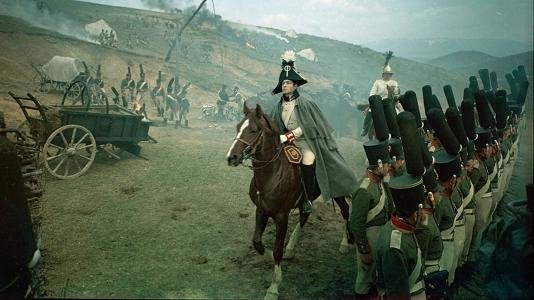War and Peace

In the Christmas of 1914, the First World War has been played for five months. The Germans and the British and French coalition forces formed a confrontational situation on the Western Front. The British lost 40,000 soldiers in the war. Pope Benedict XV "in the name of God" requested the two sides to temporarily cease their war. The German Supreme Command and the British General Staff were ignored.
But on that day, the soldiers on both sides of the front line had an armistice. The German historian Micheal Jugs wrote in his new work "Small Peace in the War" in 2003 by studying the diary of Zimmer Mickey, the head of the Royal Saxon regiment of Germany, in which the German Royal Saxon regiment first blows. A whistle, the British soldiers across the street immediately whistled.
Zermami’s diary tells: “A certain soldier of my department, who lived in the UK for many years before the war, speaks fluent London English, so he immediately speaks to the British army in the opposite position in English. Come to me In the end, Merkel’s company was quickly talking to the opposite side of the United Kingdom, and the atmosphere was so hot that it was over the usual guns!”
The letter from the British frontline soldiers also recorded that after the German position first sang the Christmas carols, the British soldiers crossed the no-man's land and lit a Christmas tree on the side close to the enemy front. In a letter to the brothers, Lieutenant Colonel Rupert Schulbride said: "After this, the two positions alternately sang hymns and carols, and the corresponding party always gave applause and cheers. Our opposite friends blew. They rang the military number, and they hung up the candles with candles at the top of the trench. They exchanged Christmas greetings with us through the trenches."
According to the diary of Captain Hamilton, the first Royal Warwickshire group in the United Kingdom, in the 48-hour truce agreement, soldiers from both sides stepped out of the trenches and sang Christmas carols together.
In the Belgian town of Ypres, the Germans brought welfare candles, cakes and cigars, while the British army took Christmas puddings and exchanged them in the middle of the “no man's land”. The two sides exchange gifts, smoke cigarettes together, admire photos of their families, sing and play football together, use tin cans as football, and use the trenches to dig as a goalpost.
The British "Guardian" published a letter from a second-class soldier on New Year's Eve in 1914, which provided very moving details: "One of our officers met a Bavarian, he was smoking a Cigarettes, they chat on both sides of the borderline, and then others have made the same goodwill move, real peace has emerged today. People walked together and played a football match with an empty canned beef. ”
In fact, the football game is not the only one. In the front line, bags, metal cans and shirts are used to kick the ball. Some people put the straw into a ball, or use the empty box to play football. The trenches that dig trenches serve as gate posts. This kind of game is played every day, and a ball is played for an hour until both sides are exhausted.
There was a match between the Royal Saxon Regiment and the Seaforth Highland Guards in the United Kingdom. The official battlefield log of the Saxon group details how a Scotsman
Created a football and developed into a standard football game. Although the final score could not be determined, the two sides agreed with a German soldier: "We used a hat to record the goal. The two teams quickly carried out the game on the frozen muddy ground. The Germans 3 2 defeated the British."
The Germans took advantage of most of the games during the ceasefire. But there was a game that ended with the British winning. To this end, the Germans awarded the trophy to the British - a German beer mug. The inscription on the beer mug reads: "Brothers please pick up your glass - Long live the reserve soldier!" Now, the cup is housed in the London War Museum.
Unfortunately, the happiness was very short. The soldiers of both sides finally returned to their respective trenches and re-emerged as enemies under the orders of their respective military chiefs. Just as a German soldier told the British rifleman George Ide: "Today we live together peacefully, and tomorrow you will fight for your country. I will also be loyal to the country and wish you good luck."